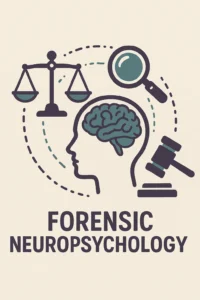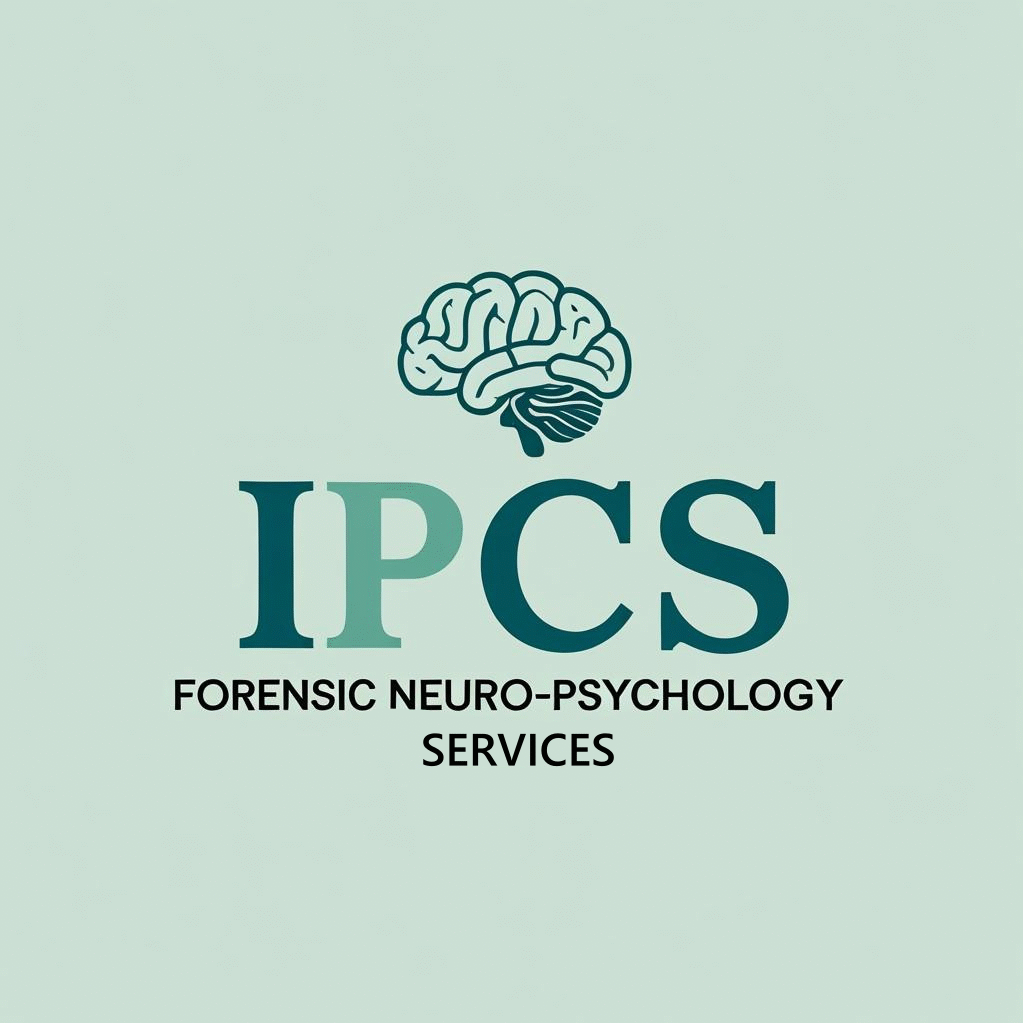What is Forensic Neuropsychology?

Innovative Psych Consulting Solutions (IPCS) Provides Forensic Neuropsychology Services with a Board-Certified Neuropsychologist with an Advanced Master of Science in Clinical Psychopharmacology
Forensic neuropsychology is a specialized field at the intersection of neuropsychology and the legal system. It involves the application of neuropsychological assessment methods, scientific knowledge about brain-behavior relationships, and psychological testing in the context of legal questions and proceedings.
Clinical Psychopharmacology is an advanced training with specialized knowledge about how medications affect mood, behavior, and cognition, as well as possible side effects, drug interactions, and standards for prescription. This expertise enables them to provide informed, evidence-based analysis regarding medication use, errors, or adverse drug effects relevant to legal disputes.
Key points about IPCS forensic neuropsychology:
- Purpose: IPCS aims to provide reliable and valid data about an individual’s cognitive, emotional, and behavioral functioning as it relates to a specific legal issue—such as criminal responsibility, competency, civil capacity, or the effects of brain injury.
- Assessments used: IPCS methods may include standardized neuropsychological tests, clinical interviews, review of medical and collateral records, and sometimes neuroimaging (MRI, PET scans) to evaluate brain structure and function.
- Distinguishing feature: Unlike clinical neuropsychology, which focuses on diagnosing and treating neurological or psychological disorders in a healthcare context, IPCS forensic neuropsychology’s main function is evaluation for legal purposes and providing expert testimony—often without direct treatment.
- Scope of expertise: The IPCS forensic neuropsychologists have interdisciplinary knowledge in neuroscience, neuropsychopharmacology, psychiatric and neurological disorders, and the ability to translate complex scientific findings into clear, practical information for the court.
Key points about IPCS Clinical psychopharmacology:
- Purpose: Having a Master of Science in Clinical Psychopharmacology (MSCP) brings significant value to legal case reviews, especially in cases where the effects, interactions, and appropriateness of psychiatric medications are core to the legal questions being addressed.
In summary, IPCS forensic neuropsychology leverages neuropsychological science coupled with advanced training in psychopharmacology to address legal questions, often serving as expert witnesses to inform the justice system about how brain-based impairments impact behavior, cognition, and legal responsibility.
